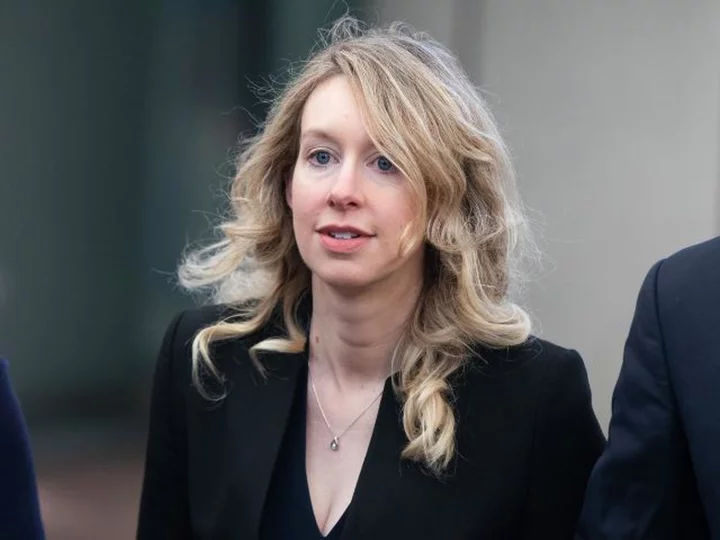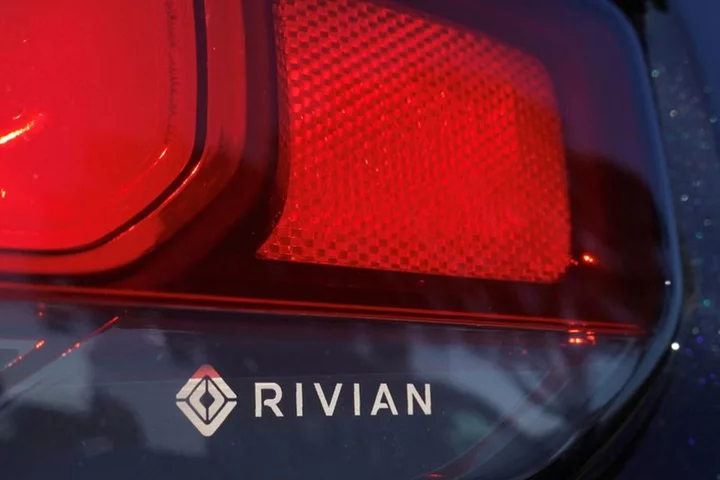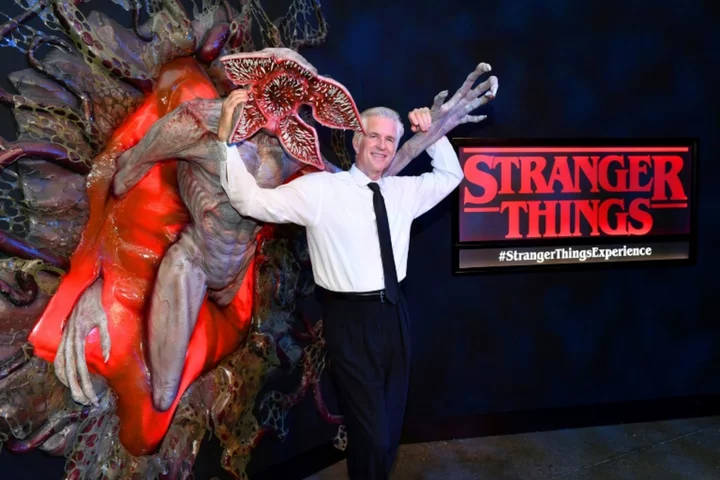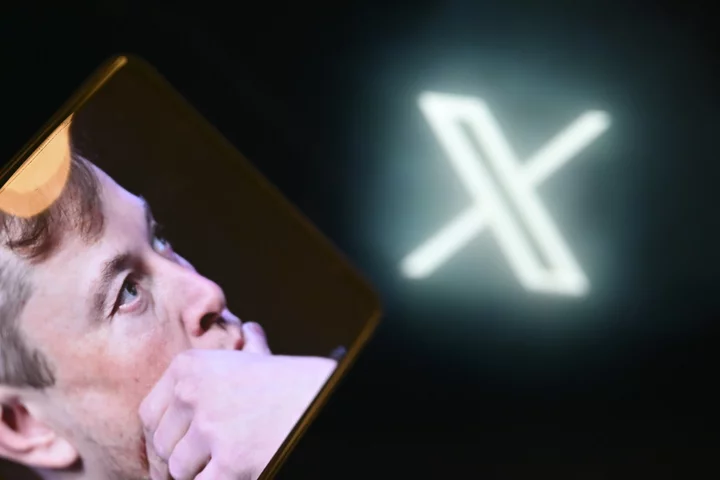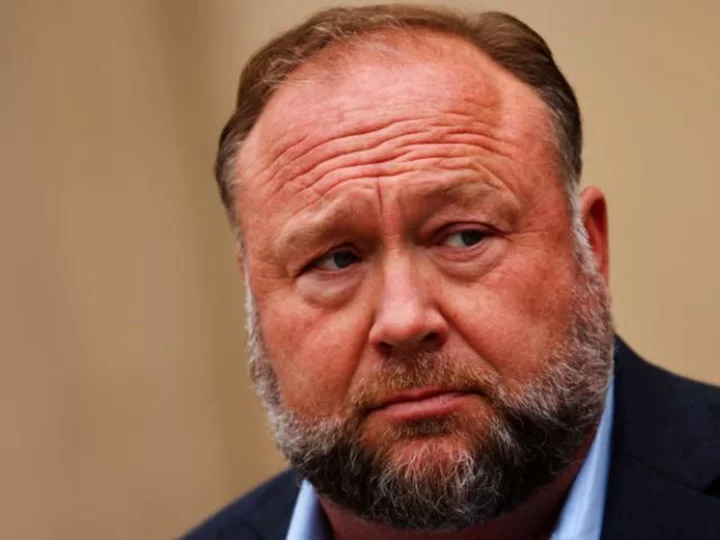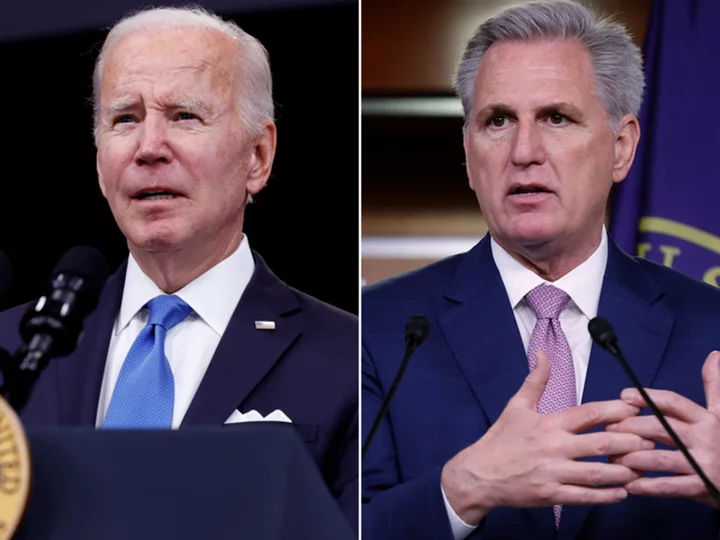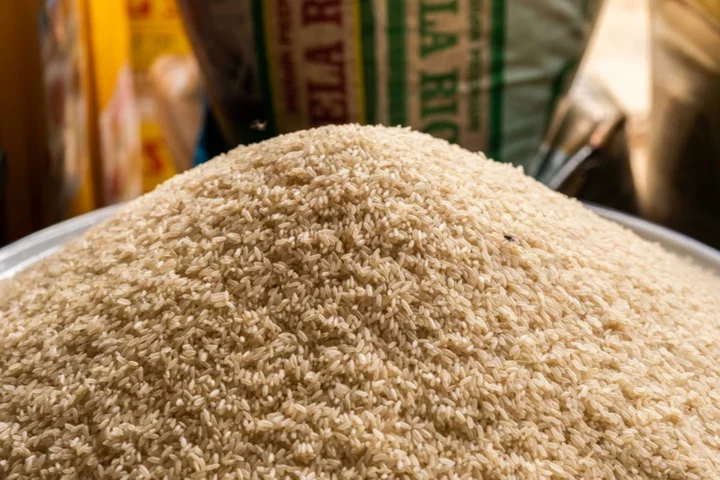Elizabeth Holmes' last-minute bid to avoid prison was denied by an appellate court on Tuesday, paving the way for the disgraced Theranos founder to begin her sentence.
In a separate ruling Tuesday, Holmes was also ordered to pay $452 million in restitution to those harmed by her crimes, including Theranos investors like media titan Rupert Murdoch.
Holmes was previously ordered to turn herself into custody and begin her 11-year prison sentence on April 27 after being convicted on multiple counts of defrauding investors last January.
Days before she was set to begin her prison term, Holmes filed a last-minute appeal with the Ninth Circuit Court of Appeals, seeking to remain free on bail while she fought to overturn her conviction.
In a Tuesday filing, the Ninth Circuit court denied her request to remain free on bail pending her appeal. A new prison surrender date for Holmes has not yet been set. In a filing on Wednesday, attorneys for Holmes asked a judge to set a new surrender date of May 30.
Also on Tuesday, District Judge Edward Davila ordered Holmes and her ex-boyfriend and former Theranos COO Ramesh "Sunny" Balwani to pay restitution of roughly $452 million to victims of their crimes. Holmes and Balwani "will be jointly and severally liable for this sum," Davila wrote in the filing, meaning each could be individually liable for the entire amount.
Balwani was indicted alongside Holmes and convicted of fraud in a separate trial. He reported to prison last month to begin serving out his nearly 13-year sentence, after losing a last-minute appeal similar to Holmes.
Holmes dropped out of Stanford at the age of 19 to focus full-time on Theranos, the health tech startup which claimed to have invented technology that could accurately test for a range of conditions using just a few drops of blood. Theranos raised $945 million from an impressive list of investors and was valued at some $9 billion at its peak -- making Holmes a paper billionaire.
The company began to unravel after a Wall Street Journal investigation in 2015 reported that Theranos had only ever performed roughly a dozen of the hundreds of tests it offered using its proprietary technology, and even those with questionable accuracy. It also came to light that Theranos was relying on third-party manufactured devices from traditional blood testing companies rather than its own technology.

